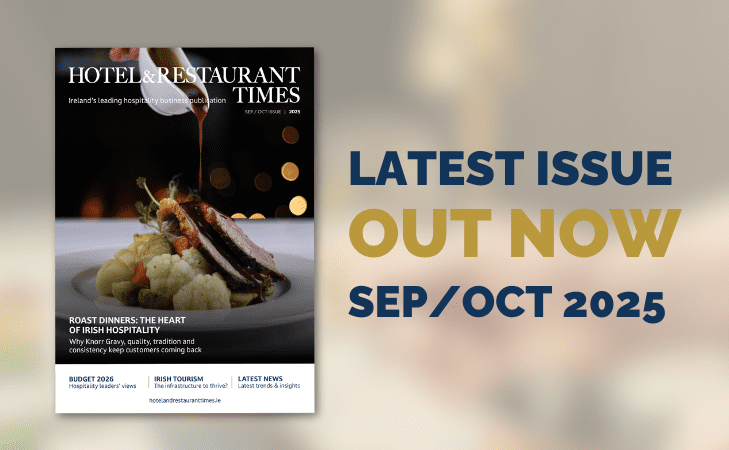
80% of hospitality workers want more proactive wellbeing support from employers
A new study finds a third of hospitality professionals reported excessive stress and anxiety over the last year – hospitality companies are being urged to implement changes that facilitate more effective wellbeing support for employees.
New data has revealed hospitality professionals are the most likely to work on days when experiencing poor mental health instead of taking sick leave compared to employees in other sectors, with almost a third (28%) having done so in the last year.
The sector is set to continue facing challenges according to a report by trade association UKHospitality, up to a third of UK hospitality businesses are at risk of closure despite achieving record sales in 2022.
Increasing pressures such as closures and the cost of living crisis, combined with gaps in employer support, are causing an increase in mental and physical health issues for hospitality employees. A third have experienced increased anxiety over the last year, with 23% citing excessive stress.
The UK-wide Health, wellbeing & habits study asked over 1,000 employees for insights into their health status over the last year. The aim was to discover how changing working patterns affect employees’ health and wellbeing, and how UK companies can better support their workforce in this area.
The study also found that over a third of hospitality employees are experiencing significant physical health issues such as back, shoulder and neck pain (37%) –this can be attributed to a lack of sitting during working hours. Also, 26% report insomnia.
What can hospitality companies do?
Although 26% of employees reported that their employers attempt to actively look after staff wellbeing. A staggering 80% of hospitality professionals want their company to be more proactive in boosting employee health, wellbeing and healthy habits.
- 38% of employees think training managers to provide better support is the answer
- 33% of workers believe in promoting the use of sick leave when people are struggling with physical or mental health
- 26% of employees want training to build skills in stress management
Hospitality companies also benefit when contributing to their employees’ health and wellbeing: it leaves 41% feeling more productive at work and 34% more engaged in their roles. A third say they’re less likely to seek job opportunities elsewhere (30%).
Richard Holmes, director of wellbeing at Westfield Health, says:
“Burnout is a state of emotional, physical and mental exhaustion caused by excessive and prolonged stress. Pressure at work is usually the main culprit and when budgets are tight and teams are small, people often find themselves with multiple roles and heavy workloads, piling on the stress.
Claire Brown, qualified life and career coach, adds:
“Employees must be encouraged to prioritise their health and wellbeing above productivity by taking regular breaks from the screen and getting fresh air, where possible. Providing alternative and innovative ways for connection and communication between team members is also really valuable.
“As always, communication is key. It’s important for employers to be fair and realistic about what is possible and provide practical support to help team members manage their workloads.”














